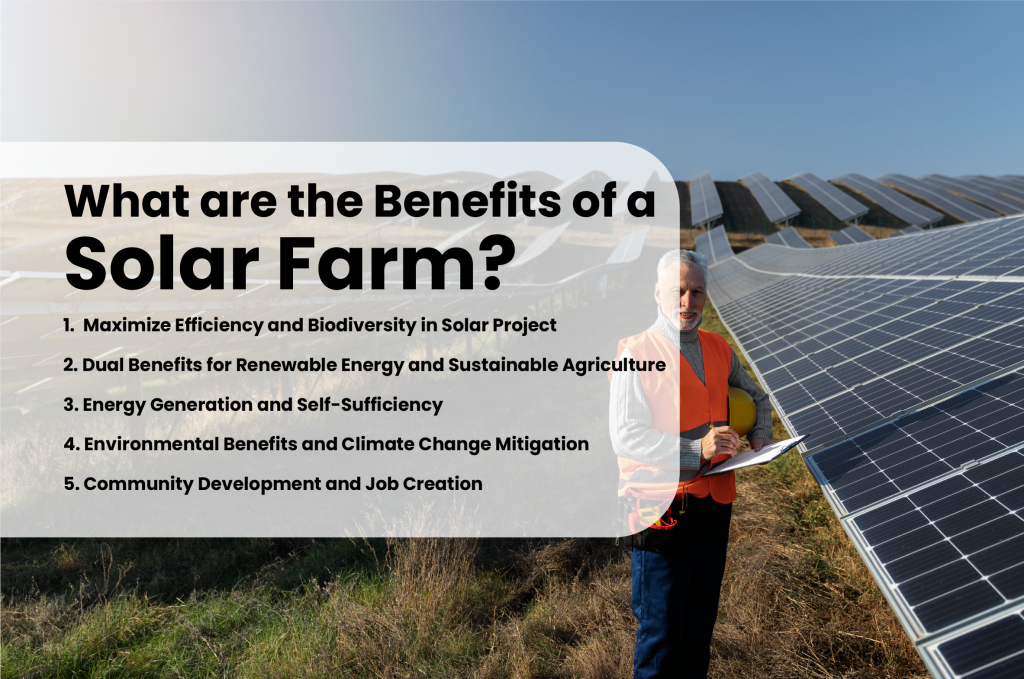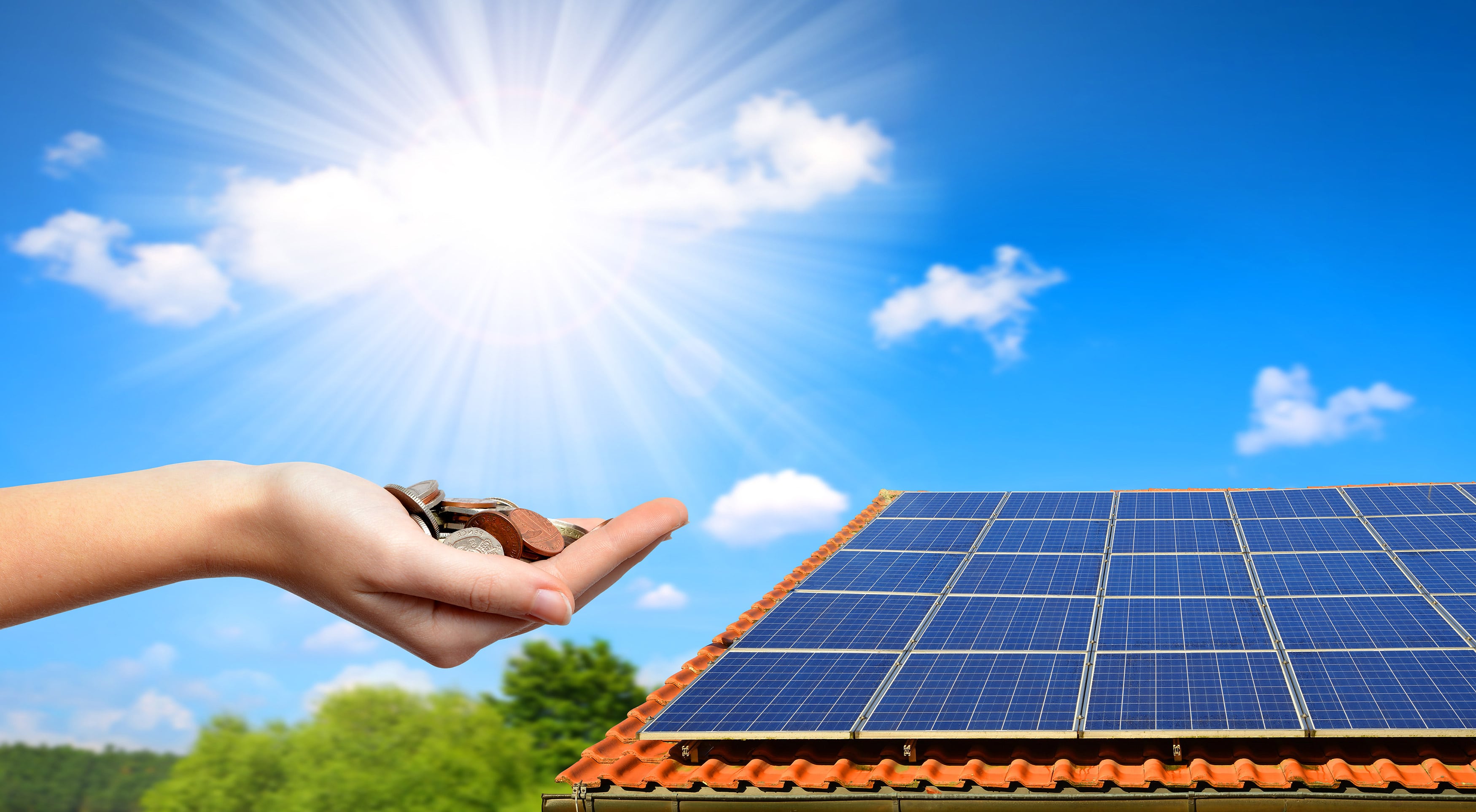Just How Solar Power Can Aid You Conserve Cash and Lower Your Carbon Impact
The combination of solar energy into your energy portfolio presents a compelling possibility for both financial savings and ecological stewardship. By utilizing the sun's energy, property owners can considerably decrease their monthly utility expenses while also safeguarding against the changability of future energy expenses. Moreover, the shift to solar adds to a significant decline in carbon discharges, aligning personal money with wider environmental goals. As numerous government rewards end up being available, the concern arises: how can one effectively browse the initial financial investments and continuous benefits of solar modern technology to make best use of both financial and environmental gains?
Recognizing Solar Power Cost Savings
While the transition to solar energy frequently involves a preliminary investment, understanding solar power financial savings is important for homeowners and services alike. Solar power systems can significantly minimize electricity costs by harnessing the sunlight's power, equating into substantial long-term financial advantages.
In addition, solar energy systems may get various financial motivations, consisting of tax obligation credit histories and refunds, further enhancing their cost-effectiveness. The schedule of web metering allows customers to market excess energy back to the grid, creating an added profits stream. These elements contribute to the total cost savings associated with solar power.

Along with route financial savings, solar power provides the added benefit of boosting residential or commercial property value. Residences equipped with solar panels are usually more attractive to customers, as they assure reduced power prices - Simply Solar Illinois. Recognizing these aspects is necessary for any individual taking into consideration solar power, as it highlights not just the potential financial gains, but additionally the more comprehensive ecological and economic advantages of taking on renewable resource options
Preliminary Costs vs. Long-Term Benefits
When reviewing solar energy, it is essential to evaluate the initial prices against the lasting advantages. The upfront investment for photovoltaic panels, installment, and relevant tools can be considerable, usually varying from $15,000 to $30,000, depending on the system dimension and home power demands. This preliminary expense might discourage some house owners; nonetheless, it is vital to consider the potential financial savings in time.
Once set up, solar power systems can dramatically minimize or perhaps get rid of monthly electrical energy bills, causing substantial lasting financial advantages. Studies suggest that homeowners can conserve anywhere from $10,000 to $30,000 over the lifespan of their solar system, typically 25 years. Furthermore, several states use motivations, tax credit scores, and rebates that can balance out first costs, making solar a lot more accessible.

Reducing Your Carbon Impact
Decreasing your carbon footprint is a crucial factor to consider in today's ecologically conscious society, and embracing solar energy is one of one of the most efficient techniques to accomplish this goal. Solar energy is a tidy, renewable source that significantly reduces dependence on fossil fuels, which are significant contributors to greenhouse gas exhausts.

Furthermore, the prevalent adoption of solar modern technology motivates the growth of eco-friendly work and supports technologies in power storage space and effectiveness. The even more individuals and companies buy solar energy, the higher the cumulative reduction in carbon discharges, cultivating a cleaner environment for future generations.
Federal Government Incentives and Discounts
Adopting solar power not just benefits the atmosphere but can likewise bring about considerable economic cost savings, especially with the schedule of federal government incentives and refunds. Various federal, state, and regional programs are made to encourage house owners and businesses to purchase solar power systems, making the transition much more economical.
Among one of the most noticeable incentives is the Federal Investment Tax Credit Scores (ITC), which enables planetary system proprietors to subtract a substantial percent of the installment costs from their federal taxes. This incentive has been critical in minimizing the ahead of time expenditures connected with solar energy systems. Additionally, many states provide their own tax credit ratings, grants, and refunds that can further improve savings.
Additionally, some city governments provide real estate tax exemptions for solar setups, guaranteeing that homeowners do not deal with increased home taxes as a result of their renewable resource investments. Utility companies might likewise provide incentives, consisting of internet metering and feed-in tariffs, which allow solar energy customers to offer excess power back to the grid.
Choosing the Right Solar System
Picking the proper solar system is crucial for making the most of power effectiveness and financial link advantages. The choice rests on numerous aspects, including power requirements, budget, and readily available area. Homeowners need to begin by assessing their power usage to determine the system dimension required for optimum performance.
Following, consider the various types of solar modern technologies offered. Simply Solar Illinois. Photovoltaic Or Pv (PV) panels are the most usual, converting sunlight straight into power, while solar thermal systems concentrate on heating water. Each type has distinct advantages depending on private requirements
Budget plan considerations are likewise paramount. First setup prices can vary considerably, so it is essential to contrast quotes from multiple providers and check out funding options. Federal government incentives and refunds can further minimize the monetary worry, making solar systems a lot more accessible.
Final Thought
In recap, solar energy offers a practical option for attaining significant cost financial savings while all at once reducing carbon exhausts. The preliminary financial investment, though substantial, yields considerable long-term monetary benefits, with prospective cost savings varying from $10,000 to $30,000 over 25 years. The ecological benefits of solar power contribute to sustainable methods important for combating climate modification. Government incentives enhance the feasibility of solar Continue technology fostering, urging a change towards a cleaner, much more economically efficient energy source.